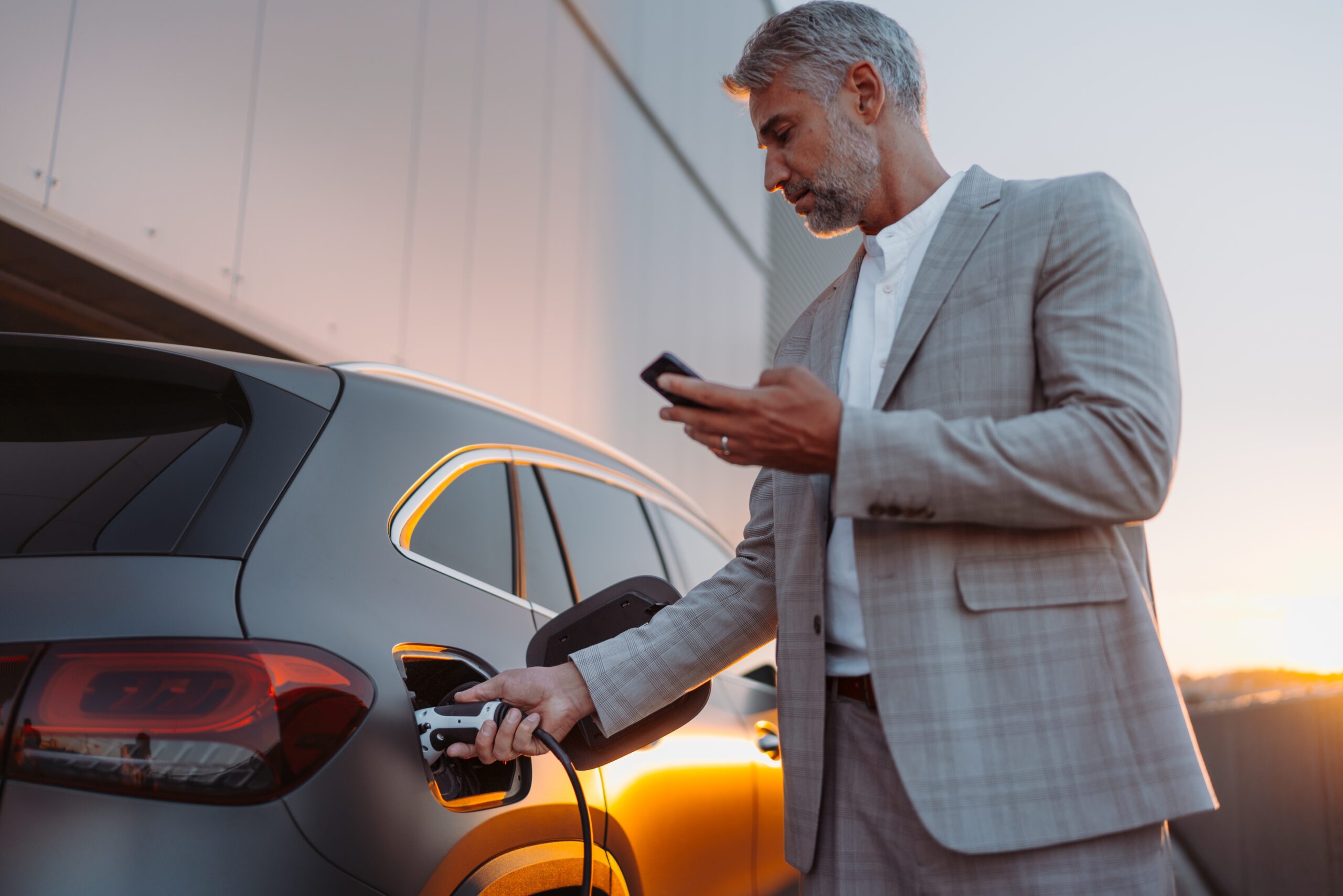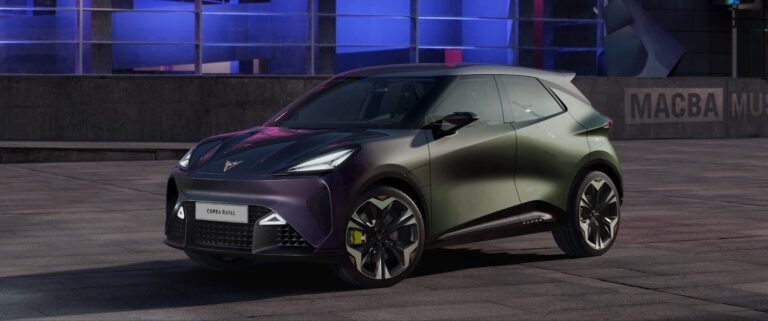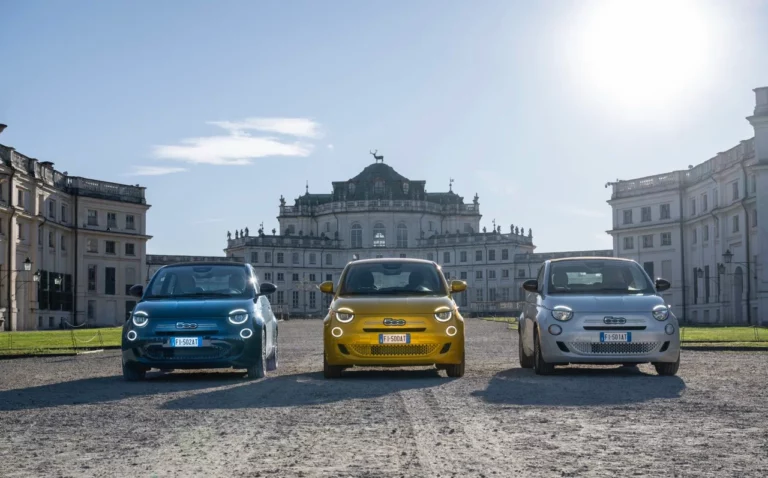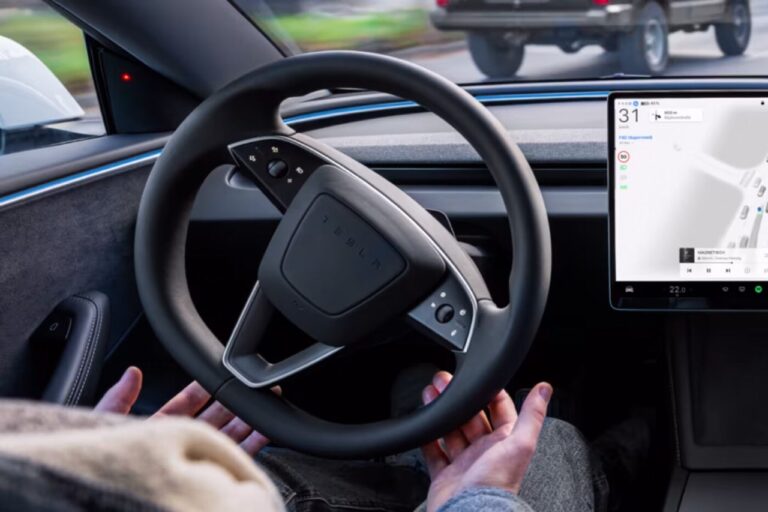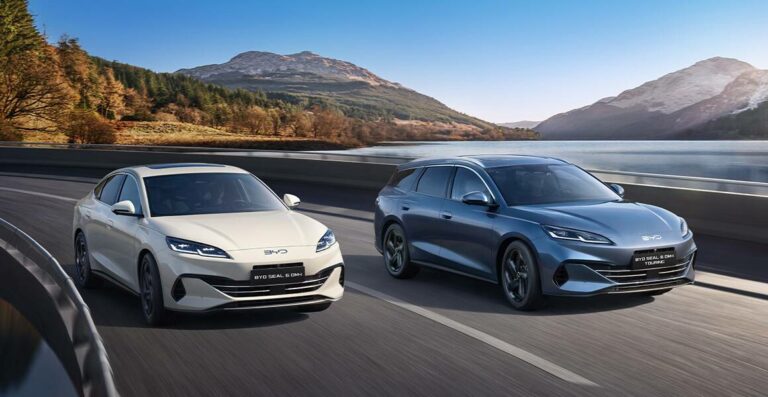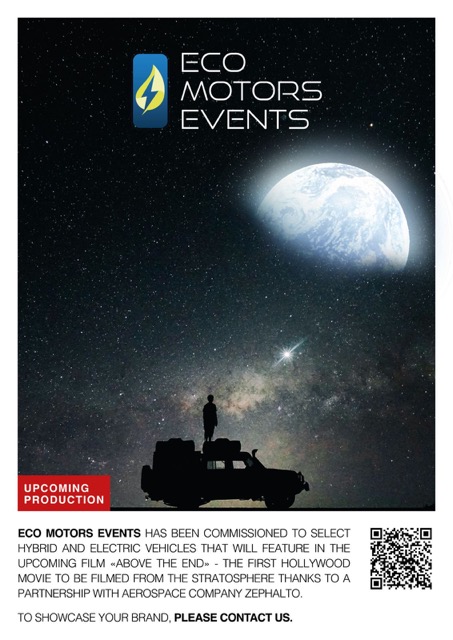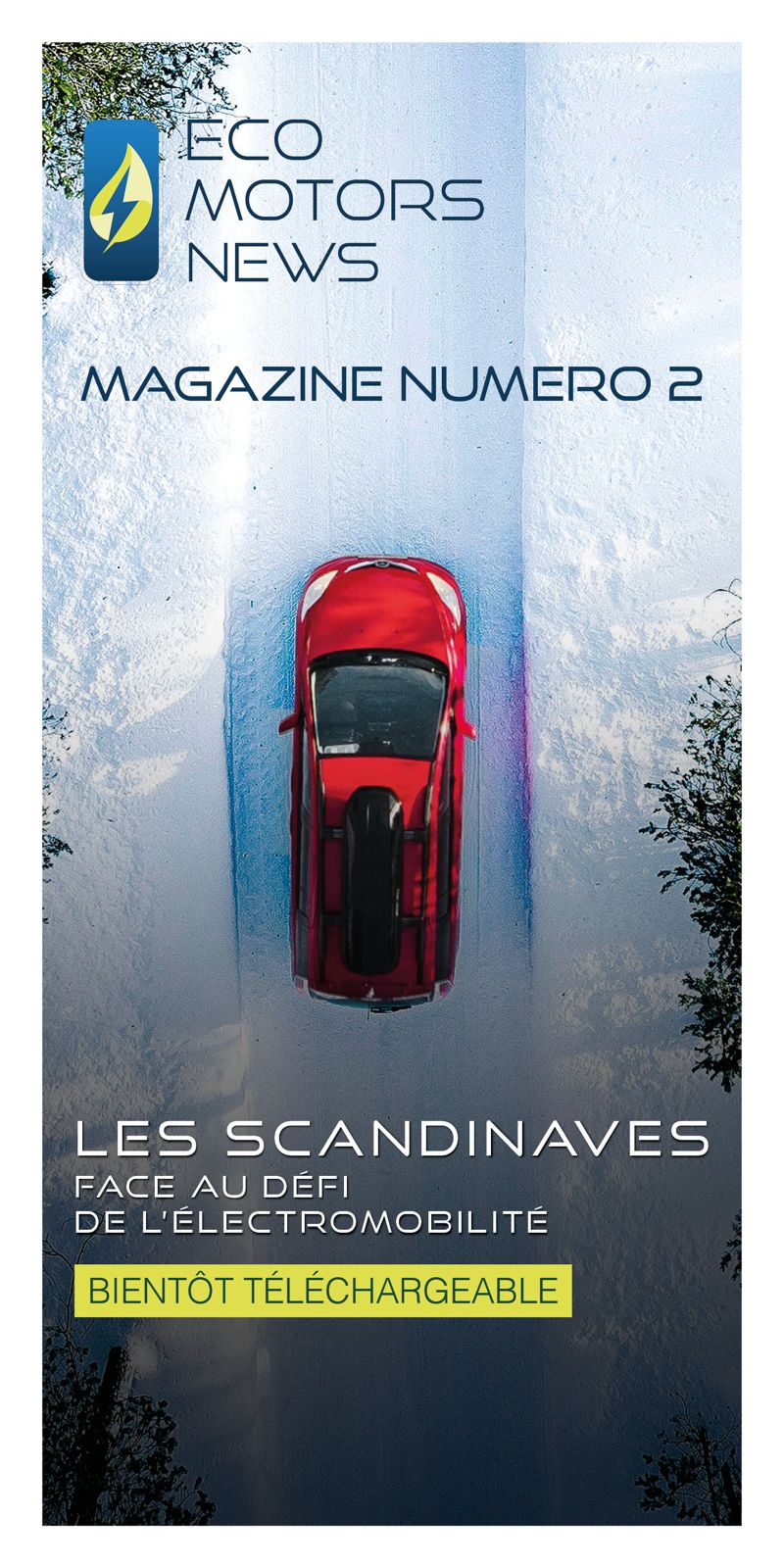The French are gradually adopting electric cars for their holidays, according to the Ministry of Transport and Avere-France. This trend reflects growing confidence in reliable and accessible recharging infrastructures. It is slowly changing habits, while reassuring drivers about the practicality of these vehicles.
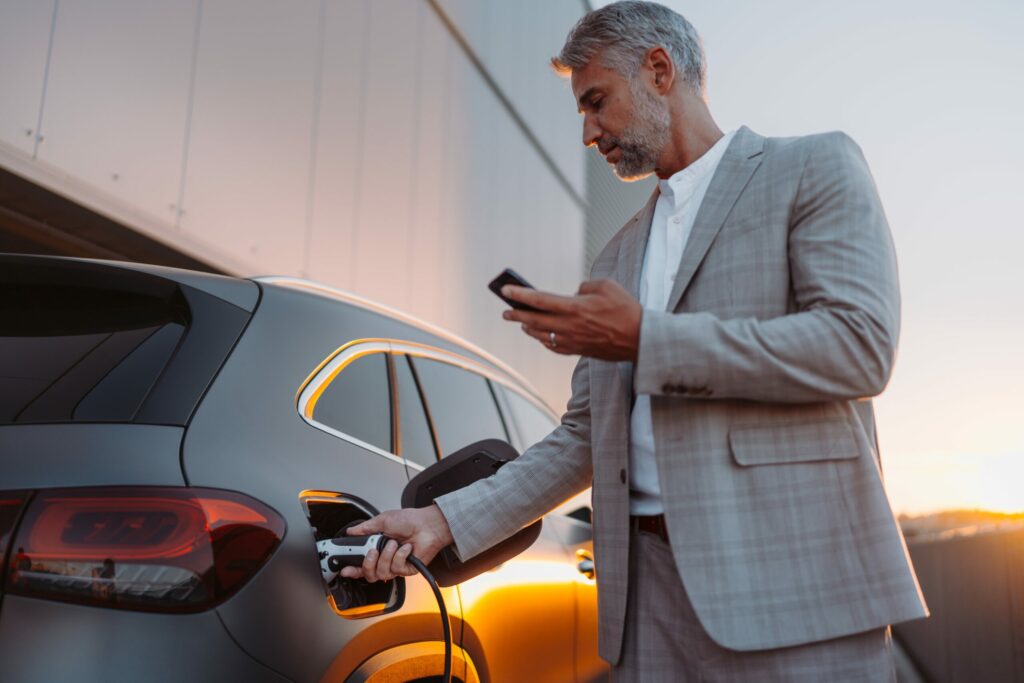
Strong growth in adoption
In June 2025, there were more than 1.5 million electric vehicles on the road in France, an increase of 26% over one year. This rapid growth demonstrates the French people’s interest in more environmentally-friendly mobility. Summer travel by electric car is becoming increasingly frequent, reflecting a significant change in travel behaviour. What’s more, this increase is being amplified by the growing number of charging points available throughout the country.
Summer visitor numbers on the rise
During the summer of 2025, charging stations recorded a 71% increase in use compared with the previous year. At motorway service areas, each charging point received around 200 charging sessions per month. This reflects not only user confidence, but also the reliability of the infrastructure in place. As a result, drivers can plan their journeys with greater peace of mind, without worrying about running out of battery power during their holidays.
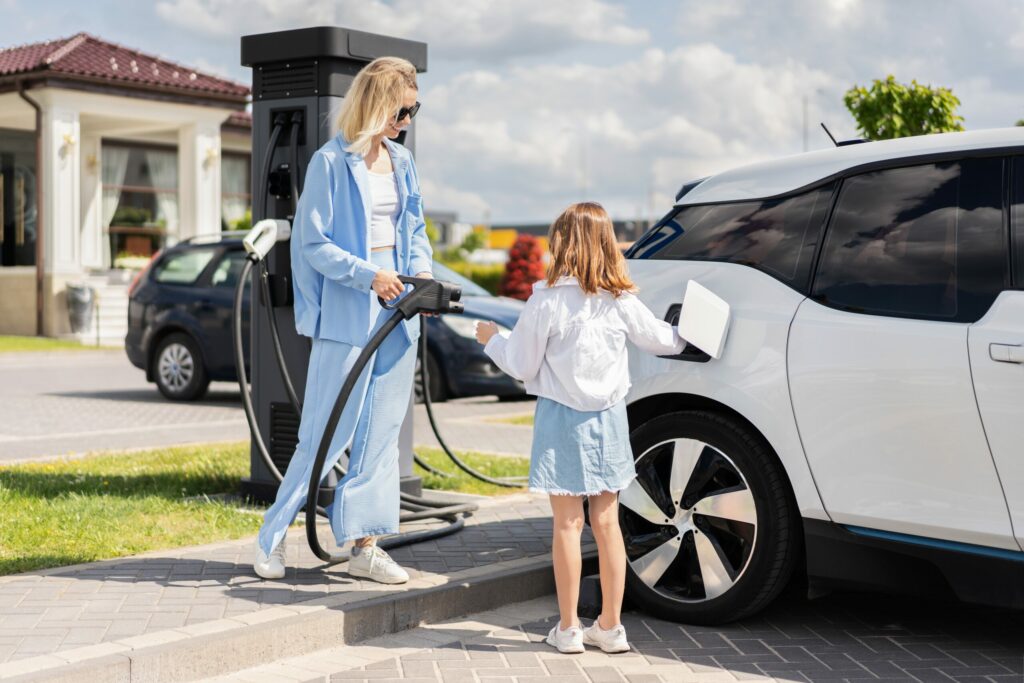
A modernised motorway network
Since the summer of 2023, all service areas on motorways under concession have been equipped with electric charging points, thanks to the efforts of the French government and the European Commission. The network now has 3,200 very high-power charging points. This modernisation has made it possible to achieve an availability rate of over 98.5%, preventing saturation even during busy periods. As a result, long-distance journeys are becoming a reality for electric vehicle drivers, contributing to the growing acceptance of this technology.
Recharge times compatible with travel
Recharging sessions last between 28 and 30 minutes, equivalent to the usual stops at service areas. This is perfectly in line with road safety recommendations, which recommend a break every two hours. As a result, the switch to electric vehicles has very little impact on travel habits. Drivers can combine resting and recharging without disrupting their schedules, making the journey a more pleasant and less stressful experience.
Responding to driver reluctance
In this way, the Ministry is attempting to dispel fears about range and the availability of charging points for long journeys. Many drivers still fear being stranded without the possibility of recharging, but statistics show that this risk is now limited. In fact, drivers are finding that the current infrastructure allows them to plan their journeys efficiently and with peace of mind, encouraging the gradual adoption of electric cars over longer distances.
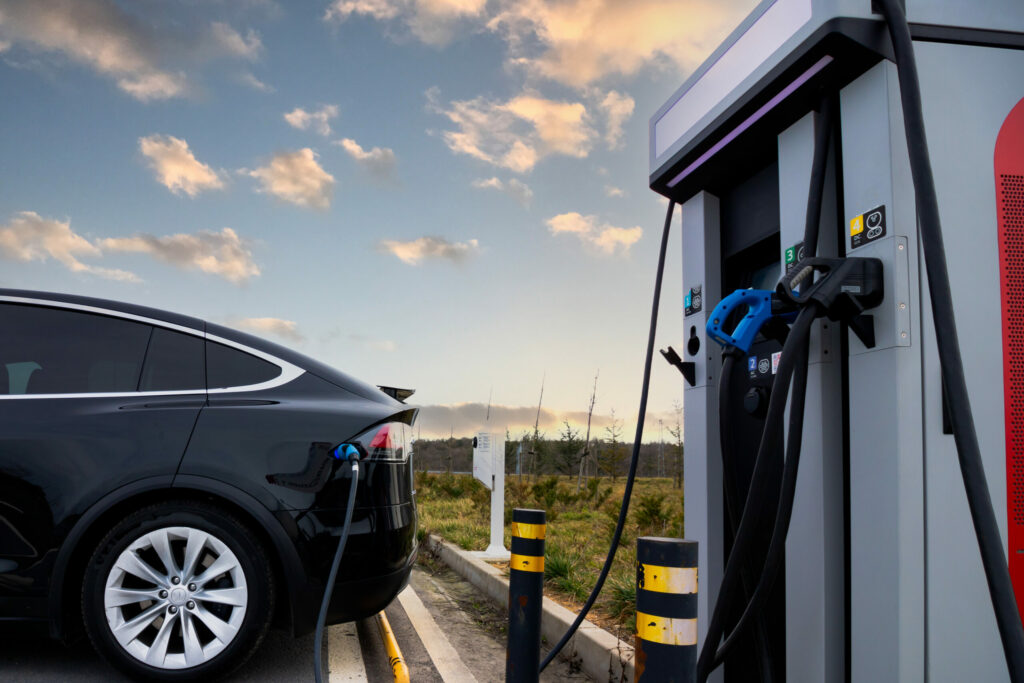
Growth held back by cost
Despite the increase in the number of electric vehicles on the road, purchases are still below expectations. The higher price of electric vehicles compared with combustion engines is a significant barrier, especially for families and young drivers. However, government subsidies and tax incentives are helping to gradually reduce this financial barrier. Eventually, lower costs and technological advances should facilitate wider access to electric mobility for all segments of the population.
Towards sustainable electric mobility
The combination of a reliable network and high-performance vehicles is encouraging the French to go electric. Against this backdrop, sustainable transport is going from strength to strength, while offering solutions tailored to the real needs of users. Long journeys, once dreaded, are now becoming compatible with comfort and safety. This gradual transition reflects a profound change in attitudes, in which environmental protection and practical travel coexist harmoniously.
Electric cars are gradually making their mark on French motorways. Thanks to solid infrastructure and controlled recharging times, drivers are now able to go on holiday with greater peace of mind. The growth in the number of electric vehicles reflects a gentle but significant transition towards cleaner, more responsible mobility. Long distances are no longer an obstacle, and the future of travel is clearly in line with a sustainable and innovative approach.

